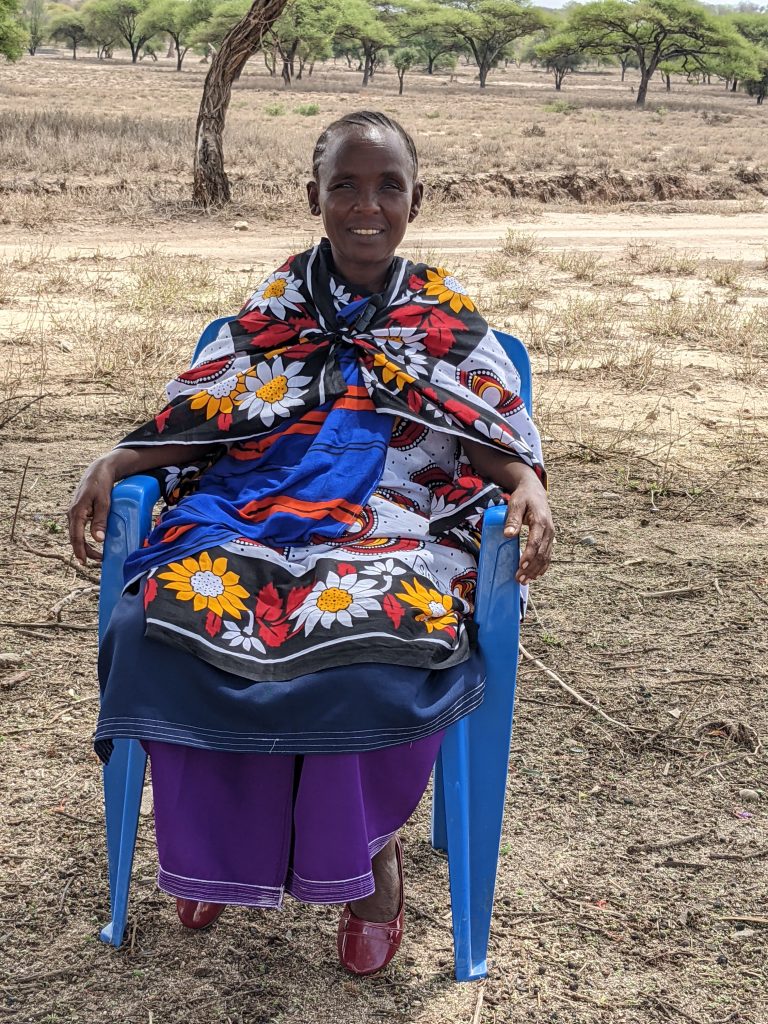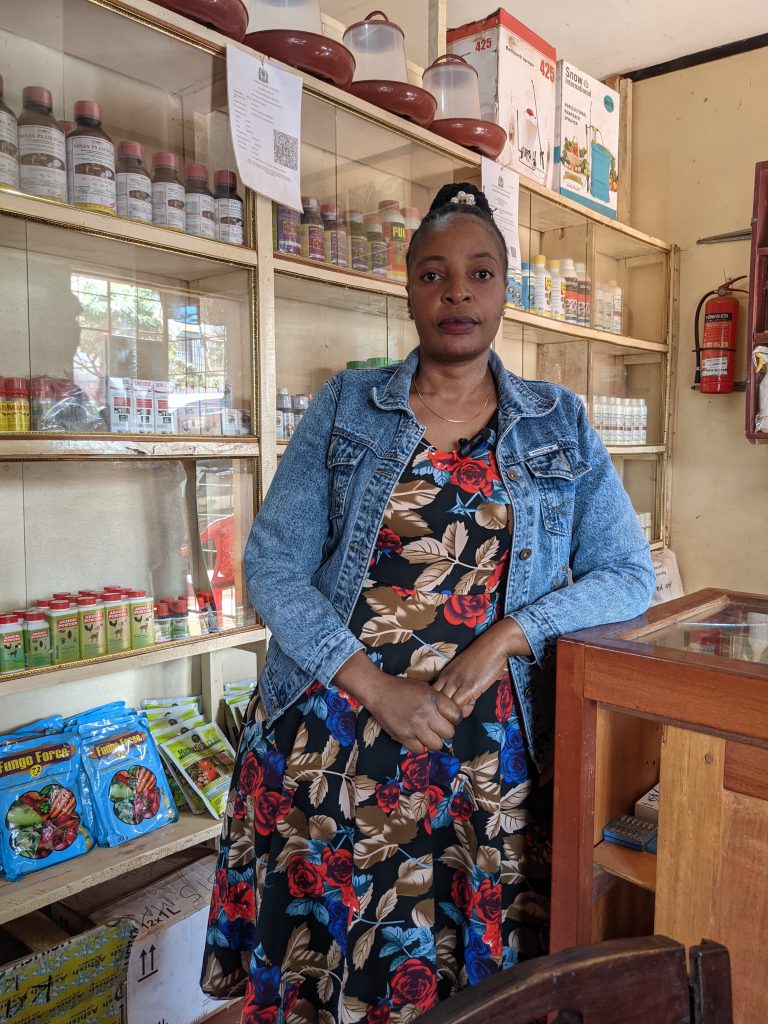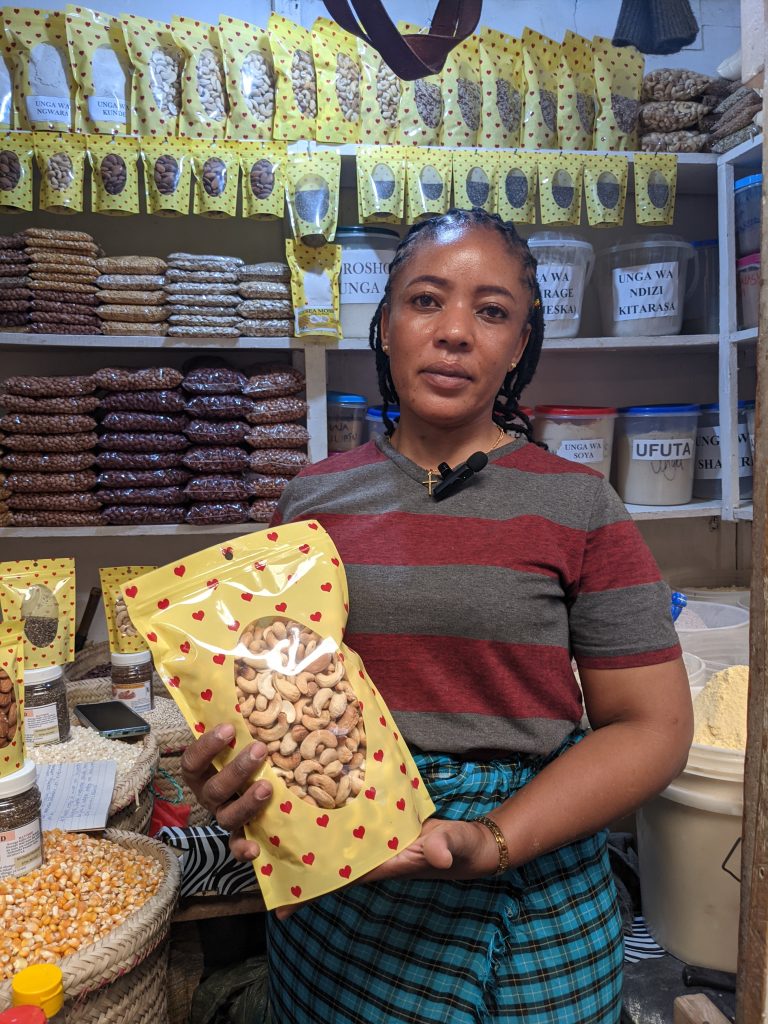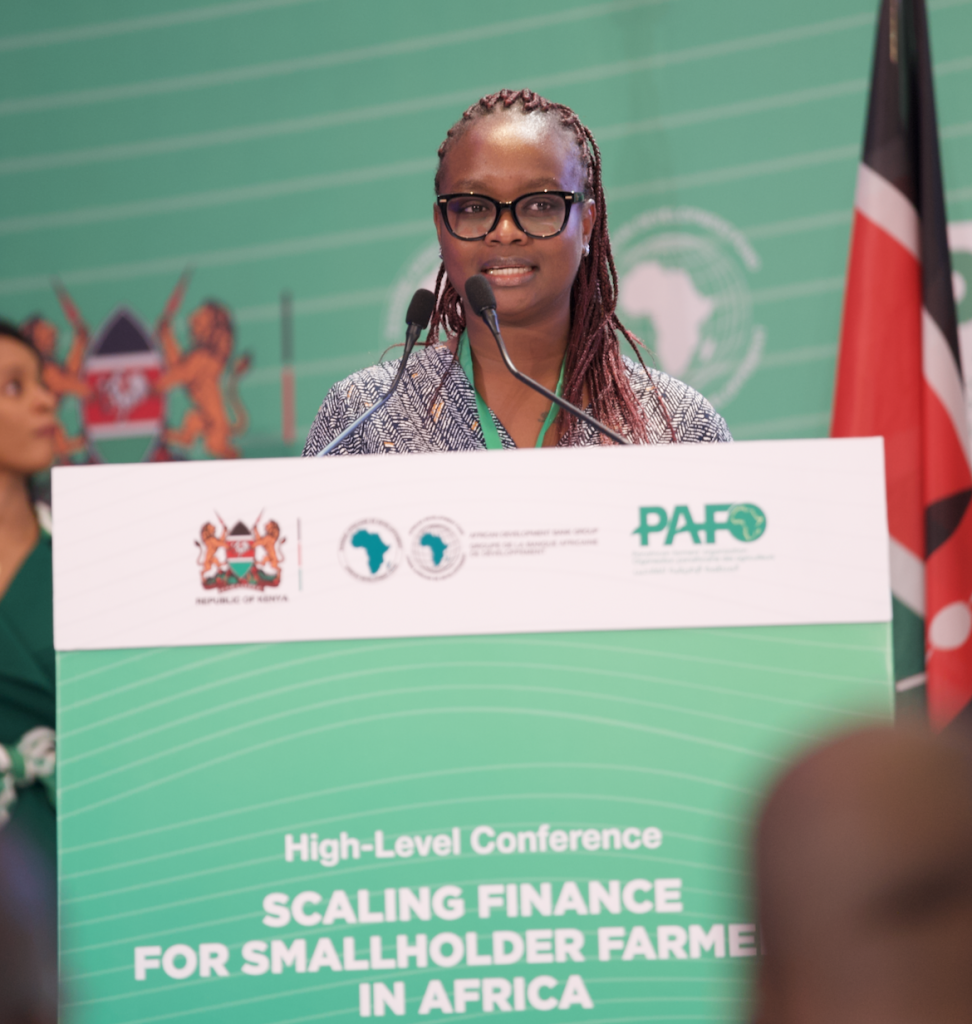Bridging gender gaps for women in agribusiness in Africa
Women smallholder farmers contribute 80% of the region’s food production, yet they continue to face significant barriers—from land ownership constraints and limited access to finance to inadequate business resources. These challenges hinder their ability to scale their businesses and maximize their impact in the agricultural economy.
To bridge this gap, ETG has partnered with the African Development Bank (AfDB) Group through the ETG-AfDB/AFAWA Project, a transformative initiative focusing on enhancing women’s access to finance, leadership opportunities, and entrepreneurial growth. To ensure the project delivers meaningful impact for women in agribusiness on the continent, Empowering Farmers Foundation conducted a gender diagnostic and training needs assessment from August 2024 to February 2025 across Mozambique, Tanzania, Zambia, and Zimbabwe. Engaging over 200 women-led SMEs, 200 female ETG employees, and 80+ women’s cooperative leaders and members, the assessment identified key challenges and opportunities in business growth, career advancement, and financial access.
This foundational work aims to provide actionable interventions to guide the project’s design and implementation. Over the next three years, the project goal is to create meaningful opportunities for career advancement and improve business performance for women in agriculture.
Understanding the realities of women in agribusiness
To ensure that the project interventions address the real barriers women face in agribusiness, EFF conducted a gender diagnostic and training needs assessment across Mozambique, Tanzania, Zambia, and Zimbabwe. The goal was to gain first-hand insights into the challenges and opportunities for women in agriculture. This assessment involved:
- Contextual analysis: examining the broader gender landscape, including a review of regional, country-specific and institutional gender policies to understand the enabling environment and identify policy gaps.
- Baseline surveys and focus group discussions: gathering data from 200 women-led SMEs and 200 female employees, and over 80 women’s cooperative leaders and members, to capture their lived experiences and identify specific challenges and opportunities.
- Stakeholder engagement: conducting interviews and focus group discussions with diverse stakeholders, including men and representatives from financial institutions, to capture a range of perspectives.



Key insights from the gender diagnostic assessment
- Financial inclusion: Women continue to face limited access to formal financial services due to lack of collateral and low financial literacy.
- Training gaps: Women require capacity-building in financial management, business strategy, customer service, marketing, branding, and leadership to transition from subsistence farming to farming as an agribusiness.
- Work-home balance: Women continue to bear the primary responsibility for caregiving, balancing business ventures and careers with family obligations. Workplace childcare facilities will help improve employee satisfaction, loyalty, and retention.
- Limited leadership representation: Women are underrepresented in decision-making roles within agribusiness and cooperatives, limiting their influence in shaping policies and business strategies.
EFF presents the project at the AfDB & PAFO conference

EFF recently participated in the high-level conference on “Scaling Finance for Smallholder Farmers in Africa”, organized by the African Development Bank Group (AfDB) and the Pan-African Farmers Organization (PAFO). Representing ETG and EFF, EFF Communications and Marketing Manager, Mary Mbuti, attended the event, which brought together policymakers, research institutions, farmer associations, financial institutions, investors, development partners, civil society organizations, non-governmental organizations, agribusiness leaders, and technology providers. The conference served as a platform for sharing knowledge and discussing strategies to enhance smallholder farmers’ access to financial resources, investment opportunities, market infrastructure, capacity-building initiatives, and sustainable agricultural practices.
At the conference, Mary Mbuti provided an overview of the ETG-AfDB/AFAWA Project, highlighting the project’s goal, key achievements to date, and the next steps in addressing financial and capacity-building gaps for women in agribusiness.
Real stories of women leading the change in agribusiness
In Manyara Region, Arusha, Tanzania, a group of 30 women came together, bound by a shared struggle and a passion for agriculture. They were farmers, relying on maize and sunflower cultivation to sustain their families. But year after year, floods destroyed their crops, leaving them with nothing but losses. Instead of giving up, these women pooled their resources and ventured into agribusiness, buying and selling essential agricultural products such as rice, sugar, edible oil, and beans. Profits from their sales are saved, allowing members to access low-interest loans to invest in small-scale farming and livestock keeping, further strengthening their economic independence.
Tumaini Cooperative Group – Manyara Region, Arusha, Tanzania
Mwimba is a farmer specializing in the production and sale of vegetable seedlings. In addition to running her farm, she dedicates her time to training fellow women farmers, equipping them with the skills to plant vegetable seeds for higher yields and better profits. She has also employed three women, creating economic opportunities further impacting her community. Despite her dedication and success, one major challenge stands in her way: access to finance. Each time she seeks funding to scale her business, banks require collateral or a pay slip—documents she does not have. Though she works the land, it is not in her name; it belongs to her husband. This limitation has hindered her business growth, preventing her from expanding her impact even further.
Mwimba Sinkala – Vegetable Farmer, Lusaka, Zambia
Tarsila is an entrepreneur in Karatu District, Arusha Region, Tanzania, specializing in the sale of agricultural inputs, including horticultural and grain seeds, and pesticides. Through her business, she supports local farmers, ensuring they have access to quality inputs to improve their yields. However, her biggest challenge is limited capital, which restricts her ability to expand her product range and scale her business. Despite this obstacle, Tarsila has managed to educate her four children, purchase land, and build her own home from the proceeds of her agri-input business.
Tarsila Massawe – Agro-Dealer, Karatu District, Tanzania
What’s next for component two of the ETG-AfDB/AFAWA Project?
The insights gained from the gender diagnostic assessment will guide the next phase of the project, ensuring that interventions are tailored to address the real needs of women in agriculture. The ETG-AfDB/AFAWA project is a three-year initiative aimed at creating meaningful career advancement opportunities and enhancing business performance for women in agriculture.
Moving forward, the project is committed to breaking barriers, fostering financial inclusion, and equipping women with the skills and opportunities needed to thrive in agribusiness, strengthen food systems, and drive economic growth in Africa’s agricultural sector.
